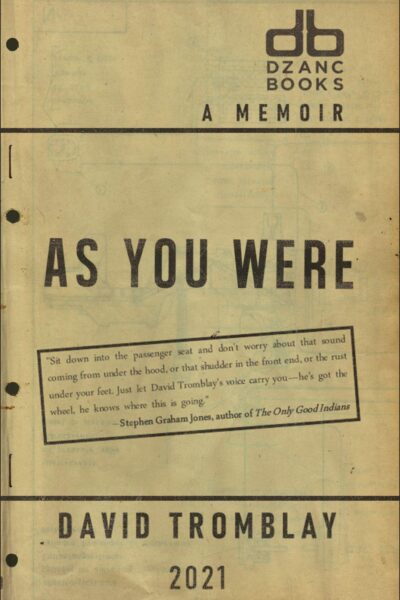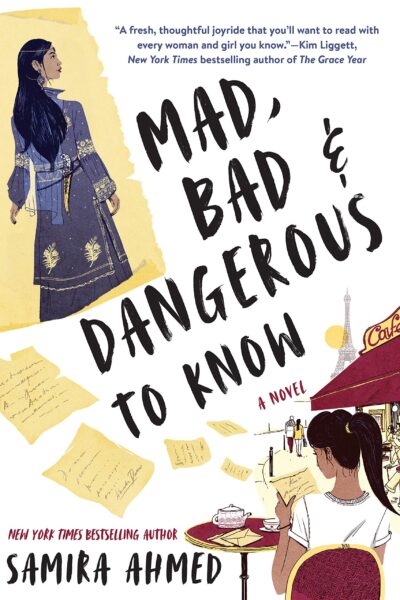Terminal Boredom – Izumi Suzuki
TERMINAL BOREDOM’s predictive nature is historically rooted and justified, finding form in the budding apathy of late Capitalism that was emerging when they were written.
For many readers, Tromblay’s gift may be perspective, a reminder of what a life can really entail, how powerless each of us is to stop what happens to us, and how much strength it takes to keep going.
Lift Up the Stone: The Gospel According to Jonathan – Jonathan Harrington
Idiosyncratic and sometimes startling, these poems demonstrate both the elasticity of the sonnet form and the meditations of a fertile, original mind.
Spilt Milk – Courtney Zoffness
In her imaginative SPILT MILK, Courtney Zoffness strives toward empathy in a way that pushes against the cynicism we’re justified in feeling upon the trotting out of the concept.
Normally there is a safe distance between the reader and the work, however transgressive it is, whereas in Dustan’s writing the language is intimate, precise, explicit, pornographic even, and yet, ultimately, an attack on what is known as “Literature”.
[ECHO TREE] surely does underscore Dumas’s talent as a writer of fiction, although at the same time reminding us that he was so barbarously prevented from fully harvesting that talent.
Kӓsebier Takes Berlin – Gabriele Tergit
In its satirical and often detached portrayal of fame, Kӓsebier Takes Berlin marks an intriguing departure from the intense psychological novels and moody literary montages of its era.
The radicality of W-3 lies there: it is imaginative, as a form, because it is a narrative about the banal, moving contradictions of people who experience madness.
Death and So Forth – Gordon Lish
These might be old tricks (for Lish), but they are still good tricks.
Mad, Bad & Dangerous to Know – Samira Ahmed
As much as Mad, Bad & Dangerous to Know is a familiar novel about the teenage longing for identity, it is also guided by a profound ethic of repair, suggesting that one’s sense of self in the present is dependent upon a recovery of the past.











